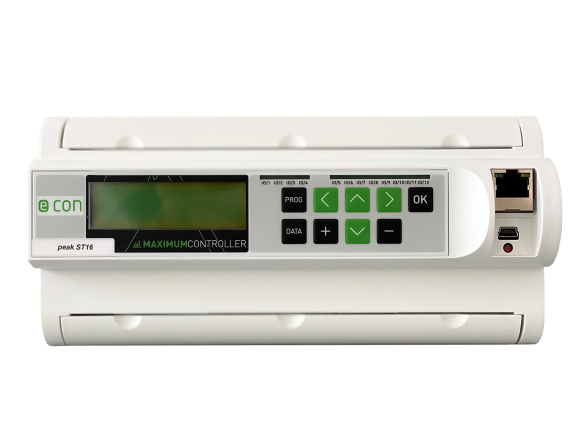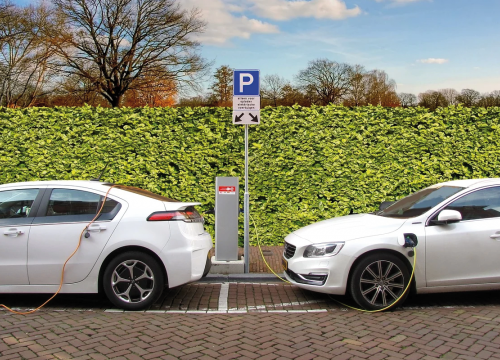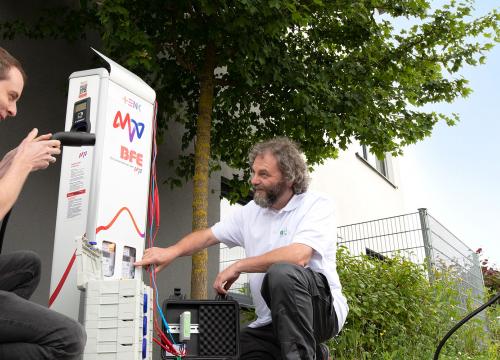Load management: balancing electricity consumption and generation
Imagine you are responsible for energy management in a manufacturing company or a clinic, hotel or agricultural business. Then it was relatively simple until now: you purchased electricity from your energy supplier, which was consumed by the appliances, machines and building services.
To reduce your electricity costs or achieve your climate targets, your business or company had photovoltaic panels installed and thereby became an energy producer. Then perhaps an energy storage system and a charging infrastructure for electric vehicles were added. This means you have to manage a much more complex energy situation. And it's about achieving a whole range of goals:
- Prevent load peaks
- Avoid overloading the house connection
- Consume as much of the electricity generated as possible yourself in order to benefit from cheaper energy and avoid penalties for feeding too much into the grid
- Reduce energy costs
- Increase energy efficiency
- Ensure operational reliability
Load management vs. optimized dynamic load management
What you then need is optimized dynamic load management. In contrast to simple load management, it optimizes the relevant energy generators and consumers in your company at all times to suit the respective energy situation.
The hardware, the Maximum Controller econ peak, monitors the existing electricity meters, machines and devices, charging points, energy generation and storage systems and controls them dynamically according to the current consumption situation of the entire property, building or part of the building.
For example, on a sunny, production-free weekend, it reduces the output of the solar system or switches on the ice storage system to store the energy generated. If, on the other hand, it is cloudy and the PV system is generating little power while numerous large consumers are running and many electric vehicles are connected to the charging stations, it reduces the loads that are not urgently needed right now or switches them off completely. Which machines or devices or charging points are suitable for this can be set in detail.
The better the load management is adapted to the situation in your company or business, the greater the benefit. Our experts will be happy to support you. They can assess whether dynamic load management is worthwhile and, if so, which consumers should be integrated. On request, they can also take over the programming, e.g. of individual time switches, temperature-dependent controls, traffic light switching or prioritization of consumers. Electricity consumers and generation systems are then optimally controlled as if by magic.



